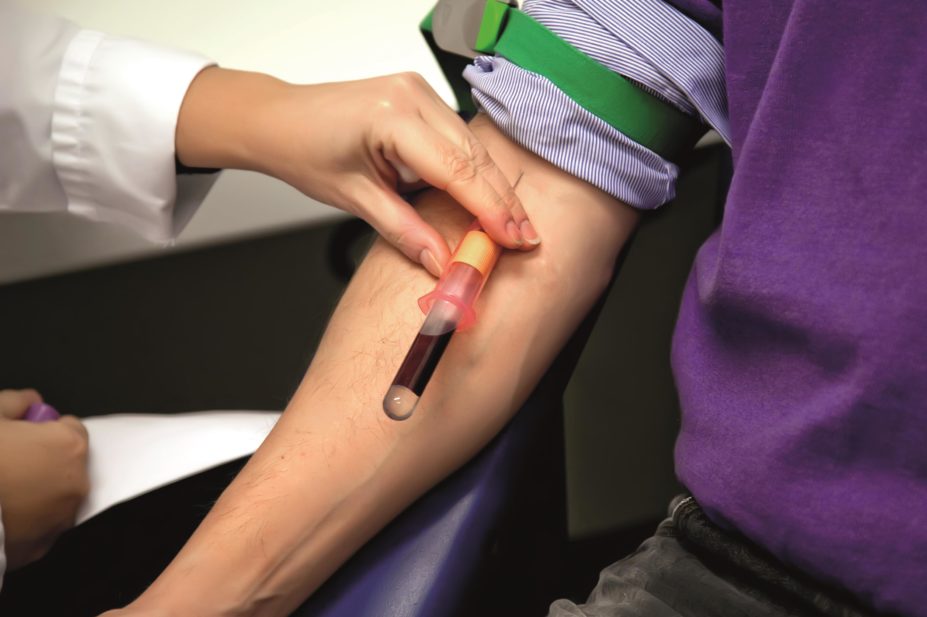
Shutterstock.com
Drug treatments for depression do not work for up to a third of patients. Therefore, researchers have been looking for ways to predict who will respond to antidepressants.
A team from King’s College London devised a blood test based on the knowledge that patients with high levels of inflammatory markers do not respond as well to antidepressants as those with lower levels.
They used data from two studies in which patient blood samples were taken prior to treatment (n=142) and showed that measuring total quantity of specific inflammatory markers could predict which patients would not respond to antidepressants. This was true across all antidepressants tested.
Reporting in the International Journal of Neuropsychopharmacology (online, 11 May 2016)[1]
, the researchers say this approach is suitable for use in a clinical setting and could help identify patients who need more comprehensive treatment.
References
[1] Cattaneo A, Ferrari C, Uher R et al. Absolute measurements of macrophage migration inhibitory factor and interleukin-1-β mRNA levels accurately predict treatment response in depressed patients. International Journal of Neuropsychopharmacology 2016. doi: 10.1093/ijnp/pyw045


